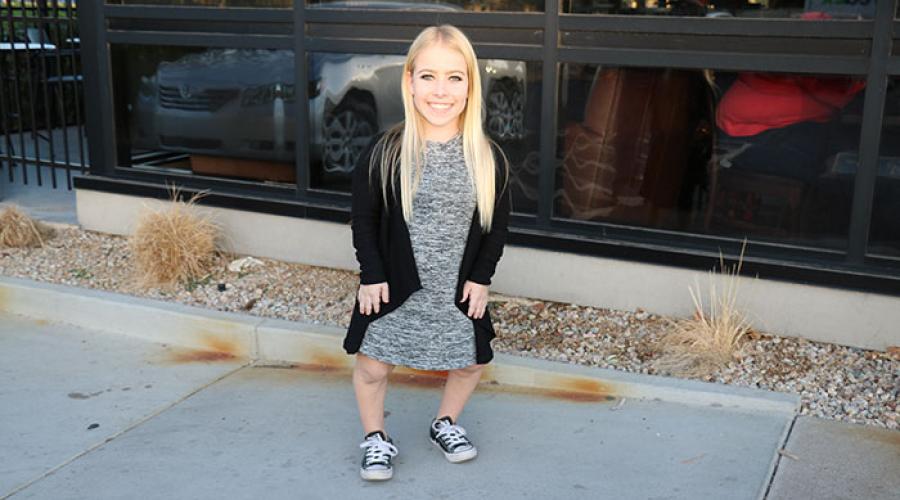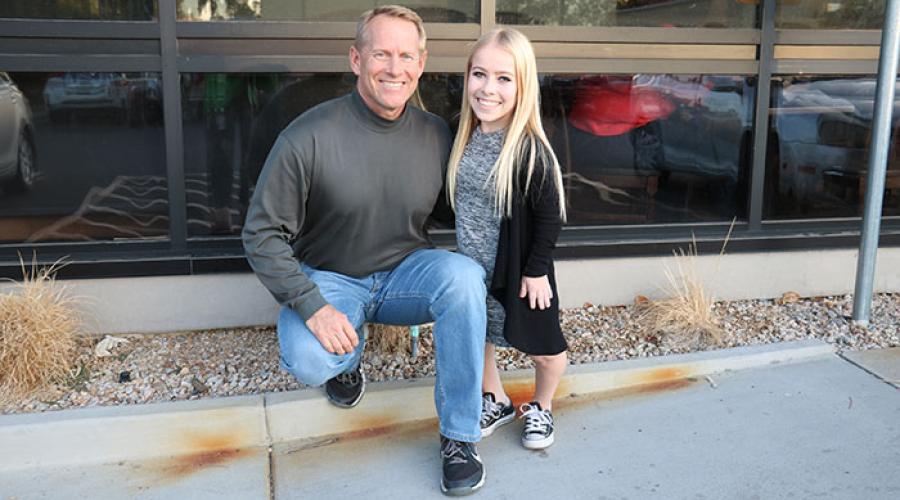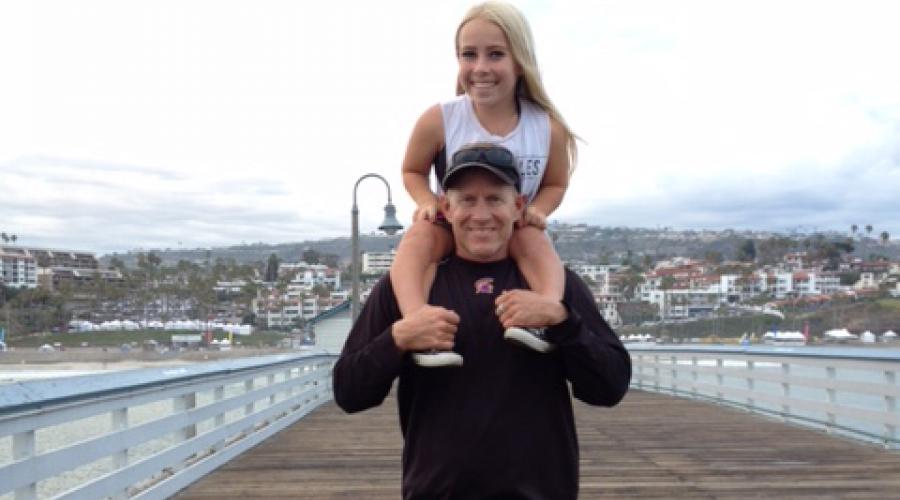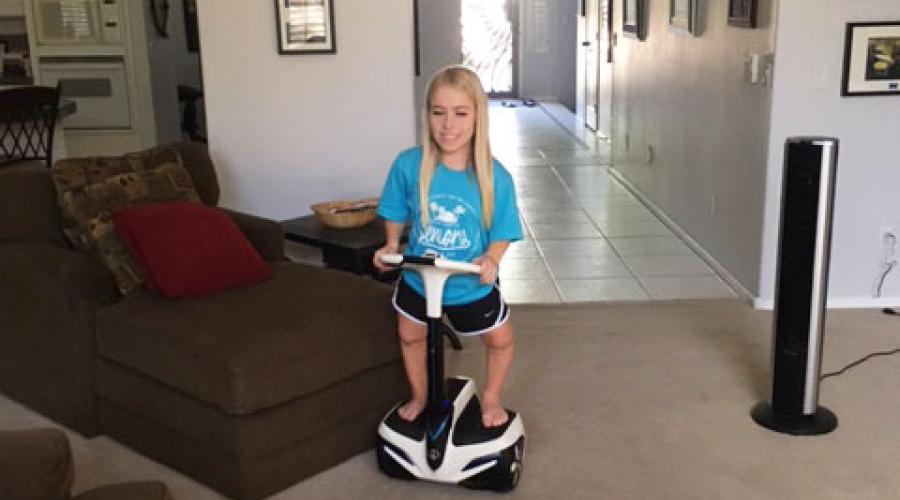DES Program Spotlight: Rehabilitation Services helps bring dreams within reach for Valley teen
Hailey Hendrikse is a driven and academically-inclined 18-year-old with big dreams for the future. Unlike many of her peers, Hailey has a clear plan that includes a career as a speech pathologist. Also unlike many of her peers, Hailey was born with a rare form of dwarfism called Pseudoachondroplasia, a condition that makes physical activity challenging and often times, very painful. In Hailey's eyes, it is a huge roadblock in her plans to attend a four-year university.
Hailey's dad, Jon, works as a transition specialist for a local high school. He heard about the Department of Economic Security's (DES) Vocational Rehabilitation (VR) program and reached out to DES VR counselors about the resources offered to clients like Hailey. He was pleased with what he learned.
Vocational Rehabilitation (VR), a program within DES's Division of Employment and Rehabilitation Services (DERS), is made up of a team of counselors who specialize in helping individuals with disabilities achieve employment and academic success.
Hailey's dream of working as a speech pathologist requires a master's degree. She has always wanted to attend the University of Arizona (U of A), but doubted the feasibility since it is large and she has a difficult time getting around on her own.
"Walking from class to class would be the biggest problem because it's a big campus," said Hailey. "Also, carrying things is hard for me."
Hailey and her family have always struggled with finding manageable ways to help her with her mobility. For a while, Hailey's family pushed her in a stroller for babies and toddlers. Quite understandably, this was not an ideal mode of transportation for the teenager. When Hailey was 13-years-old she told her dad she did not want to ride in a stroller anymore. He offered to carry her on his shoulders. A selfless task that both Jon, and Hailey's twin brother gladly took on, but was not a viable option for the college-bound high school senior.
"We can't be everywhere with her," explained Jon. They needed another way so Hailey's VR counselors administered several assessments of her physical activity.
"They tested my balance, had me pick up boxes, monitored my grip strength, watched me walk - the things I would have to do if I was working," she explained.
The results of the assessments determined Hailey was approved for a mobility device through VR. She worked with her counselors to find a more sustainable and independent way of getting around.
Hailey heard about a man in Canada who was creating Segway-like scooters. After many hours of research, it was decided that his unique, light-weight and modern design would be the perfect fit for a college student. The VR program provided the scooter to Hailey. Because of this discovery, the thrilled teenager felt as if her dreams of college would actually be obtainable.
"Now I will feel confident about getting to class, and not have to worry about my legs hurting or being out of breath," said Hailey. "They [VR] have truly helped me to do what I want to do. Now I can go to college because of them."
Hailey's physical challenges are far from over. She will most likely need knee and hip replacements in her 40s. However, those type of challenges are not what is on this teen's mind. Today, she eagerly awaits next fall when she can begin her college career at the U of A.
To anyone who is feeling held back from accomplishing their dreams Hailey gives this advice: "No matter what physical limitations or disability you have, with a positive attitude you can conquer your goals."
For more information about the DES VR program, please visit our Rehabilitation Services page.





